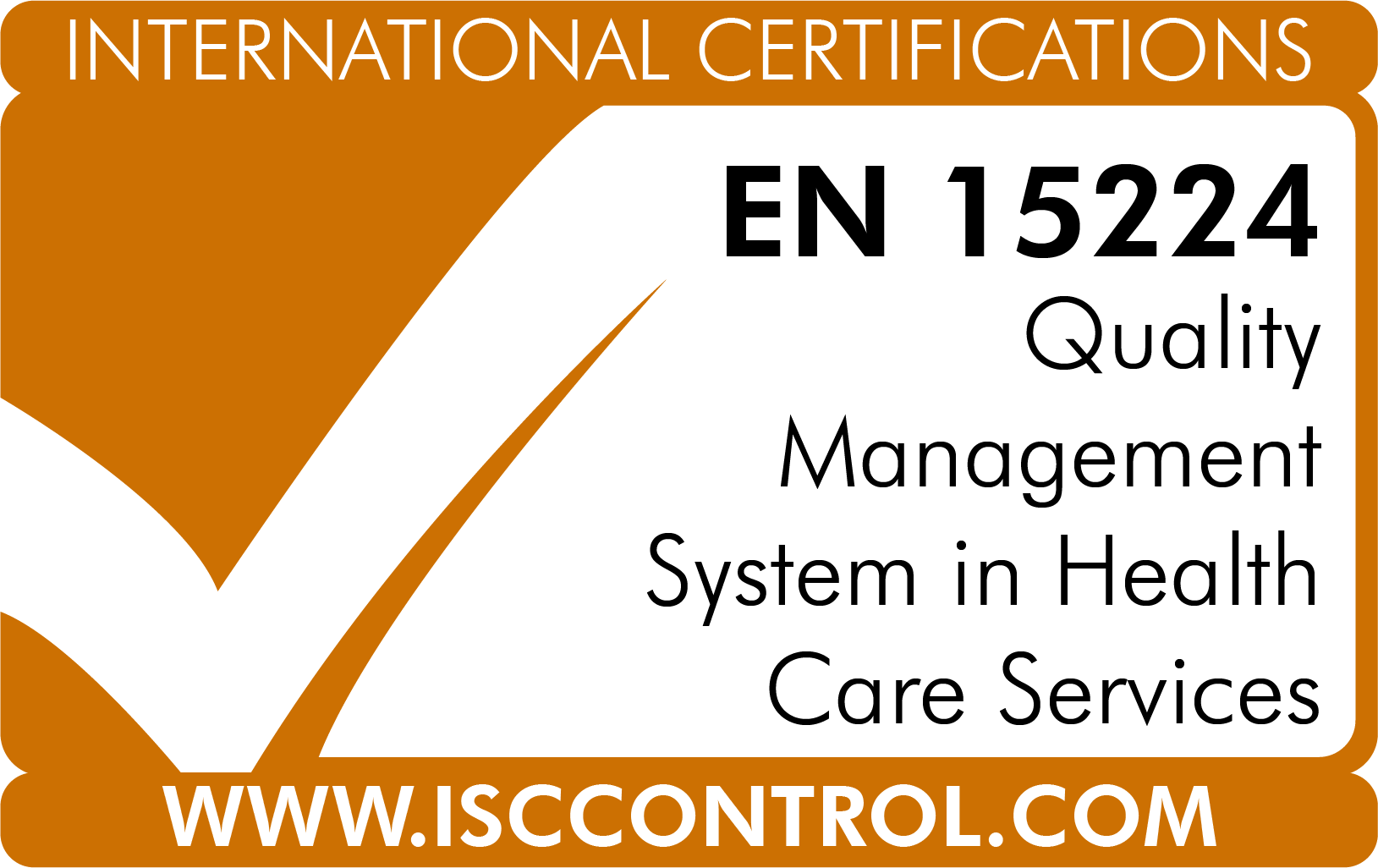Good Laboratory Practices – GLP
What is GLP
GLP specifically refers to a quality system of management controls for laboratories and organizations to ensure the uniformity, consistency, reliability, reproducibility, quality, and integrity of tests performed.
Good Laboratory Practices (GLP)
Target Audience
The term GLP is most associated with the pharmaceutical industry and the required non-clinical animal testing that must be performed prior to approval of new drug products. However, GLP applies to many other non-pharmaceutical agents such as color additives, food additives, food contamination limits, food packaging, and medical devices.
Good Laboratory Practices – GLP
The benefits are:
The main objectives of implementation and certification against GLP are:
- Enhances credibility of data and reporting.
- Promotes acceptance of data internationally.
- Reduces technical barriers to trade.
- Provides improved and most cost-effective facility.
- Better traceability and reproducibility of data
Certification Process / Required Documents
The Organization interested to achieve certification against GLP OECD guidelines requirements contacts ISC Control and fills-in the certification application.
An initial audit is conducted and if successful, a certificate of compliance is issued that is valid for 3 years, provided that the organization undergoes annual audits.
Why Choose ISC Control as Your Certification Body?
Global Recognition
Selecting the right organization or certification body that offers qualitative and credible training and certification services can be a challenge. However, by choosing an accredited certification body, such as ISC Control, proves that you follow best practices, up to speed, and trustworthy.
Professionals who pursue a ISC Control con certification credential will benefit from the recognition in domestic and overseas markets. Being accredited by some of the strictest and most reputable accreditation bodies in the world gives us global recognition.

